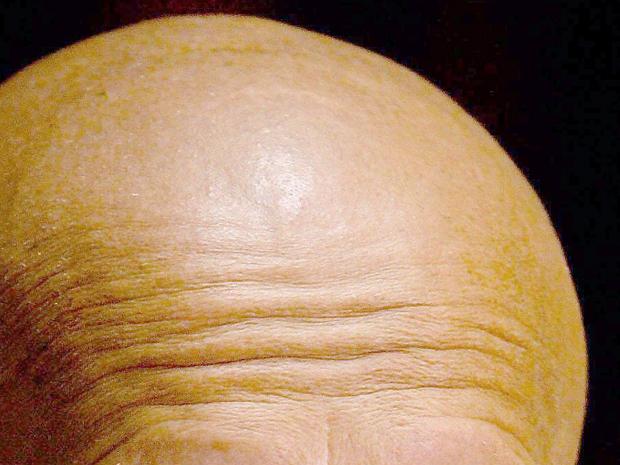Contents
Those on the eating plan shed an average of 14 pounds, while low-calorie eaters lost seven
A vegetarian diet will shed twice as many pounds and reduce more muscle fat than a low-calorie diet — a key finding for people with Type 2 diabetes — according to a recent study in the Journal of the American College of Nutrition.
Researchers randomly assigned 74 people with Type 2 diabetes to follow either a vegetarian or a conventional low-calorie diabetic diet for six months. Participants in both groups had their normal daily caloric intake slashed by 500 calories, on average consuming 1,500 to 1,800 calories a day. After three months, those on the vegetarian diet shed an average of 14 pounds, compared with those on the low-calorie diet who lost 7 pounds. During the second half of the study, participants stayed on their diets and did aerobic exercise three times a week for one hour — but there was little weight loss because they gained muscle.
Researchers also looked at the participants’ fat storage tissue using magnetic resonance imaging. Both diets resulted in a similar loss of fat under the skin. But the vegetarian diet more effectively cut the fat that lines muscles and is stored inside muscles.
This is key because in Type 2 diabetes higher amounts of muscle fat is associated with insulin resistance. But once the fat starts dissipating the insulin can work more properly. Reducing muscle fat is also important because it increases with age and inactivity, which can lead to decreased muscular strength and mobility.
“(The vegetarian diet) is really powerful,” said the study’s lead author Dr. Hana Kahleova, director of clinical research at the Physicians Committee for Responsible Medicine in Washington D.C.
“When you’re a patient with Type 2 diabetes, you don’t want only a diet where you lose weight, but also a diet that will address the cause of the disease.”
Among those on the vegetarian diet, 42 per cent reduced their medications, compared with 5 per cent on the conventional diet. And three people in the vegetarian group reversed their Type 2 diabetes.
Participants were given prepared meals daily. Those on the vegetarian diet ate vegetables, grains, legumes, fruits, nuts and one low-fat yogurt a day. Meanwhile, the conventional diet recommends that half a meal plate be comprised of colourful vegetables, a quarter of lean protein and a quarter of starch.
Kahleova said that if she had Type 2 diabetes, she would eat just low-fat vegan foods — no animal products including eggs and dairy — and would do one hour of aerobic exercise a day.
“(The vegetarian diet) is the only documented diet that can actually reverse diabetes — not only help you manage diabetes, but reverse it.”
According to Diabetes Canada, about 11 million Canadians have diabetes or are at risk of developing the chronic, often debilitating disease, in which the body either can’t produce insulin or properly use the insulin it makes. Insulin regulates sugar in the blood. High blood sugar levels can sometimes be fatal.
Dr. Jan Hux, the chief science officer at Diabetes Canada, wasn’t involved in the study. While she found it interesting, she says it’s not definitive, noting the small sample group.
Although weight loss was significant for the participants in the vegetarian group, she noted they also lost lean muscle mass, which is a concern. However, she said the study’s findings that a vegetarian diet reduces insulin resistance gets at the very root problem of the disease.
“In terms of people who are really trying hard to do everything they can to maximize their diabetes outcomes, this may be an option — if a vegetarian diet appeals to them,” she said. “If you’re a committed meat eater you’re just not going to be compliant with the diet and you’re better to be on a regular calorie-restricted diet and try and increase your use of whole grains, fibre-filled foods and watch your portion sizes.”
[Source”GSmerena”]


